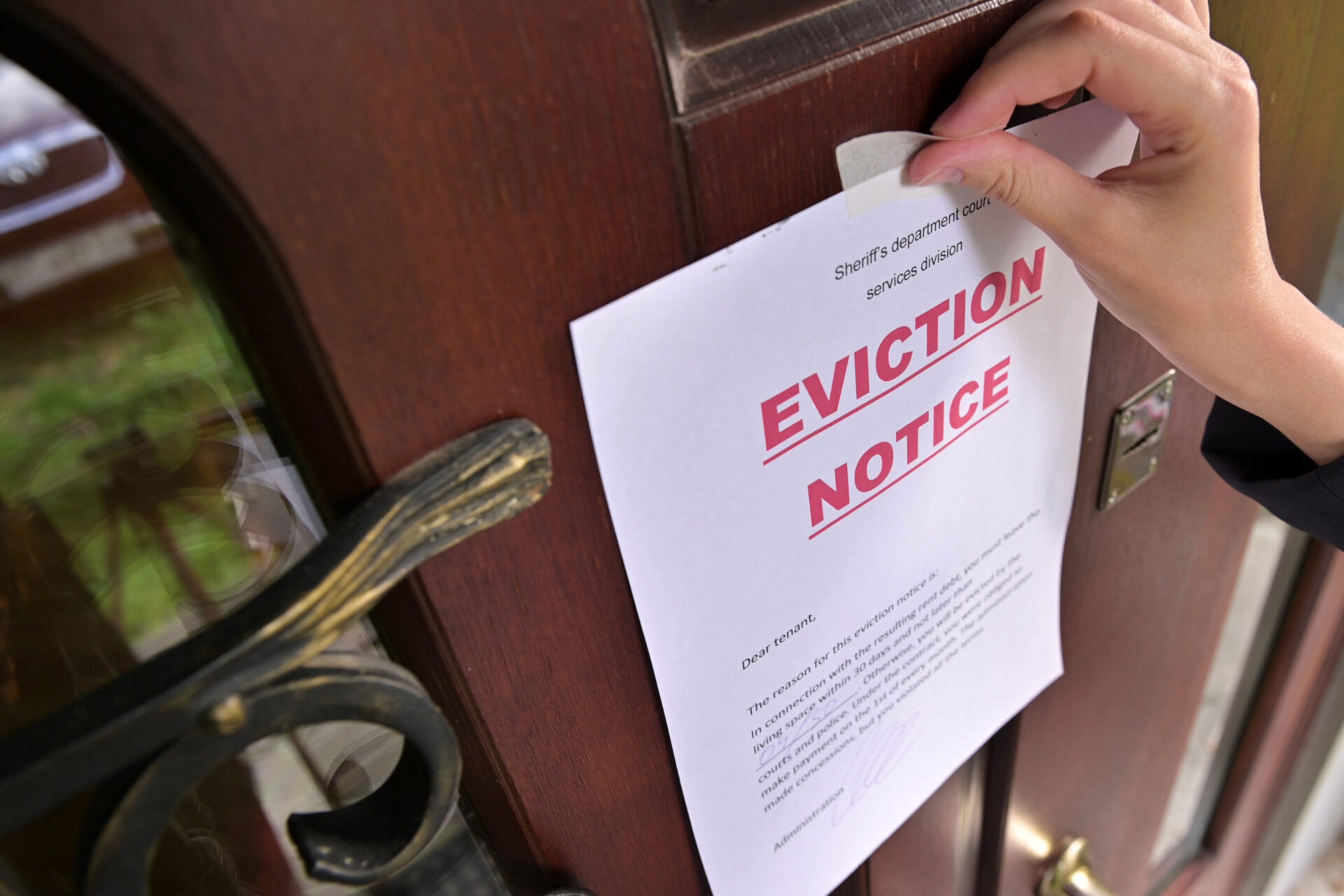By Elise Daniel
Last year was the year without evictions and 2021 may be shaping up similarly. The Centers for Disease Control and Prevention recently extended their eviction moratorium, which bans landlords from kicking out tenants who fail to make rent payments.
The ban is creating a situation that will present short term problems for landlords and have long-term impacts on the quality of the American housing supply. Already struggling to make ends meet, landlords should be prepared to face several months of additional eviction moratoriums and the prospect of tenants owing tens of thousands of dollars in back rent.
Originally enacted in March 2020 as a public health measure to prevent overcrowding in shelters, the moratorium was successful in pushing evictions to historic lows. However, banning evictions has not addressed the underlying problem, namely that millions of people will face eviction or foreclosure once the moratorium is lifted.
According to a recent study from the Consumer Financial Protection Bureau, some 8.8 million Americans rental households were behind on their rent in March.
“We have very little time to prevent millions of families from losing their homes to eviction and foreclosure,” warns CFPB Acting Director Dave Uejio.
This has impacted landlords as well. Research from the Urban Institute found that many small landlords (owning 10 units or fewer) were dipping into their savings or emergency funds to make it through the pandemic.
Instead of dealing with this issue, the federal government has continued to push the problem down the road.
At the end of March, the CDC announced that the eviction moratorium would be extended again—this time to June 30. Billed as continuing relief to tenants who have struggled to make rent during the pandemic and accompanying shutdowns, the continuation has not addressed the impact lost rent has had on landlords.
The policy seems to have had an effect. According to Princeton’s Eviction Lab, evictions are down in nearly every city across the country. This means landlords have few options to try to collect the rents they need to cover normal expenses on the buildings they own.
Some are turning to litigation to try to force the government to revisit its policies.
“My clients are now in a position where we’ve had the eviction moratorium since September. It will go through June at least, and could be extended again,” Caleb Kruckenberg, a lawyer at the New Civil Liberties Alliance (NCLA), told Reason magazine. “For some of my clients, it will be 18 months since they’ve had tenants who pay rent. It was unsustainable from the beginning.”
The NCLA is suing in several states, including New Jersey, on behalf of landlords seeking to recover back rent or security deposits. To the NCLA, the cases illustrate how the eviction moratorium has cast landlords in the role of villains, rather than small businesses who depend on rental income.
“Governor Murphy has unfairly scapegoated landlords, most of whom depend on their rental income to make ends meet. The pandemic and the business closures are hurting all New Jerseyans,” said Jared McCain, litigation counsel for the NCLA after the group challenged a state order in court. “But rather than seeking a legislative solution that treats everyone fairly, Governor Murphy circumvented the legislature and singled out landlords to take away their rights.”
Similar lawsuits are going on in Washington, D.C., and Louisiana, where legal groups are working to support landlords who fear they will not be able to stay afloat if eviction moratoriums are continually extended.
Court cases have overturned eviction moratoriums in several states, including Arkansas, Texas, and Ohio, but appeals are ongoing and a Supreme Court hearing is not out of the question. Like the official end of the moratorium, though, these decisions are just the start of finding a solution to the problem of back rent.
Landlords will have to decide whether eviction—which brings its own financial and at times personal safety risks—is preferable to trying to work with tenants to find a solution. Empty units are never the goal and so solutions that help keep people housed while ensuring that rental units remain available and maintained should be the goal for 2021.
